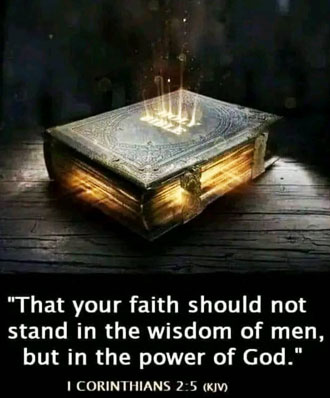
Nicea, with its theological anti-Judaism, laid the foundation for the anti-Semitic legislation and judgments of later church councils. The Council of Antioch (341 CE) prohibited Christians from celebrating Passover with the Jews. The Council of Laodicea in the same century forbade Christians from observing the Jewish (and biblical) Sabbath. (Prior to this time, Christianity was somewhat divided, with some Christians observing the Sabbath, some observing Sunday, and some observing both!) Christians were also forbidden from receiving gifts from Jews or matzo [unleavened bread] from Jewish festivals as well as other “impieties.” It wasn’t all bad news in those early centuries; Judaism was not a “prohibited sect,” according to the Codex Theodosianus of 438 CE. Rabbis were entitled to the same privileges as the Christian clergy. Jews were not to be disturbed on their Sabbath or Feast Days. Their synagogues were not to be attacked, violated, burned, or confiscated. However, conversion was a one-way street. Jews could convert to Christianity, and were encouraged to do so. However, Christians were forbidden to convert to Judaism. Also, Jews were forbidden to have Christian slaves, but Christians could own Jewish slaves. Christians were forbidden under penalty of death to marry Jews. (This was kind of a blessing for the Jews, who didn’t have to worry about intermarriage decimating the ranks of the Jews as we see happening today.) Jewish tribunals were considered valid only in matters purely religious. The Fiscus Judaicus (Jewish tax) from earlier centuries was maintained, a tax which only Jews were required to pay to government authorities. The few protections offered by the Codex Judaicus were relatively short-lived. It wasn’t many decades until attacks on Jews and their synagogues became commonplace. The Jew was a second-class citizen, somewhat protected by law, but merely tolerated, something akin to the dhimmi status that is given to non-Muslims in Islamic countries. However, these were the “good old days” compared to the horrors that would be inflicted upon the Jews in later centuries by the “Church triumphant.” Rav Shaul (Paul) commanded Christian gentiles to “provoke the Jews to jealousy” with their righteous living. Christians did end up provoking the Jews, so they got it half right.
Considering the rampant anti-Semitism at the Council of Nicea, it is both surprising and disappointing when even Messianic Jews quote decisions from the Council of Nicea in support of certain theologies and creeds. The Council of Nicea (the first genuinely Roman Catholic council) was very creedal oriented. Creeds (what you believe) is far more important than what you do. In Judaism, observance of the mitzvoth (commandments) is the litmus test of being a good Jew. Little emphasis is placed upon creeds. The emphasis upon creeds in the Christian church resulted in the deaths of millions of martyrs and “heretics.” |
|
ברוך אתה יי אלוהינו מלך העולם Blessed are You O YAHWEH our ELOHIM, King of the Universe |

|


